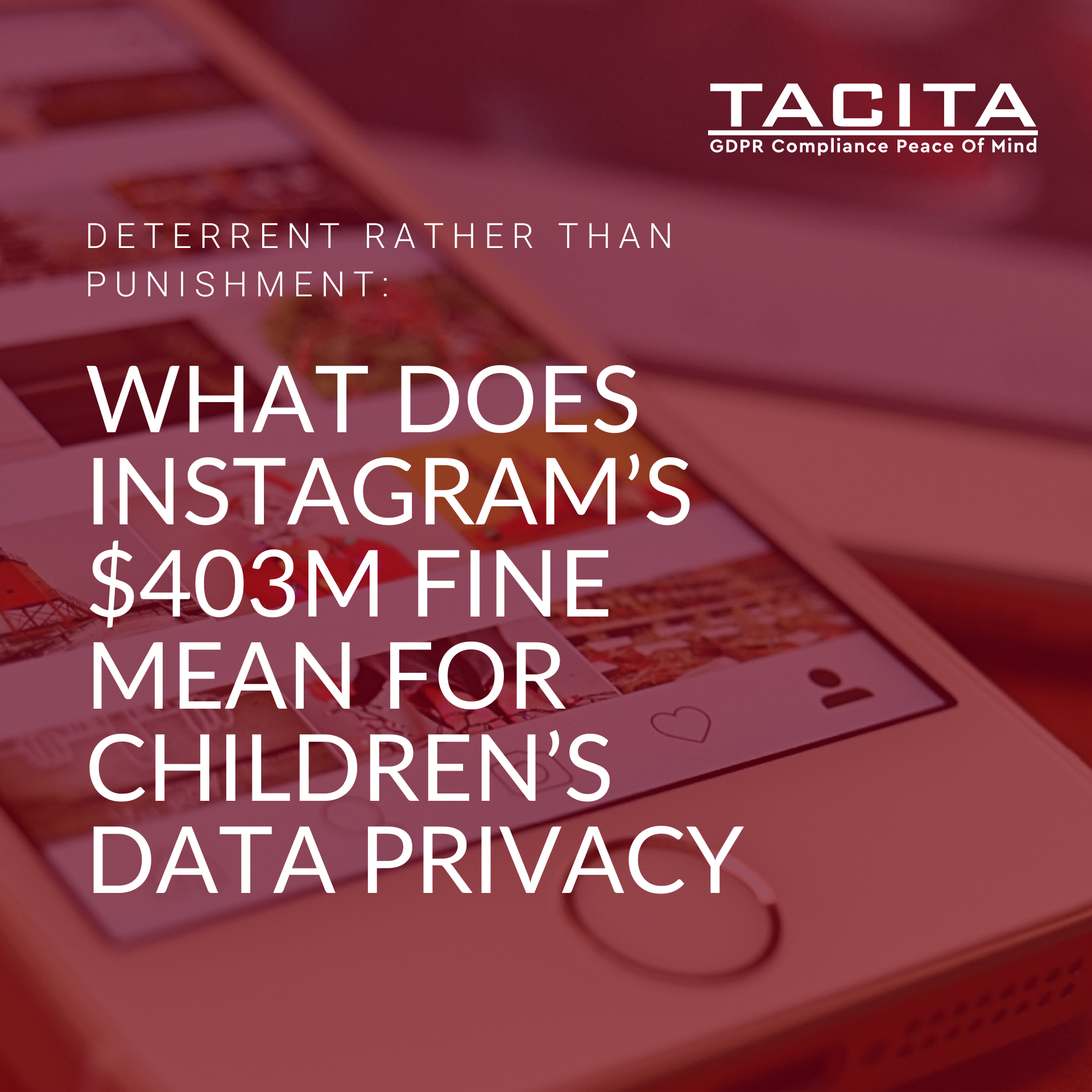Privacy Shield 2.0 – An exercise in lessons NOT learned?
On October 7th 2022, President Biden signed an executive order to implement the European Union-US Data Privacy Framework. Upon further inspection however, the executive order appears to be replicating the failings of its predecessor. Is the Privacy Shield 2.0 destined to share the fate of its predecessor?
Read article






